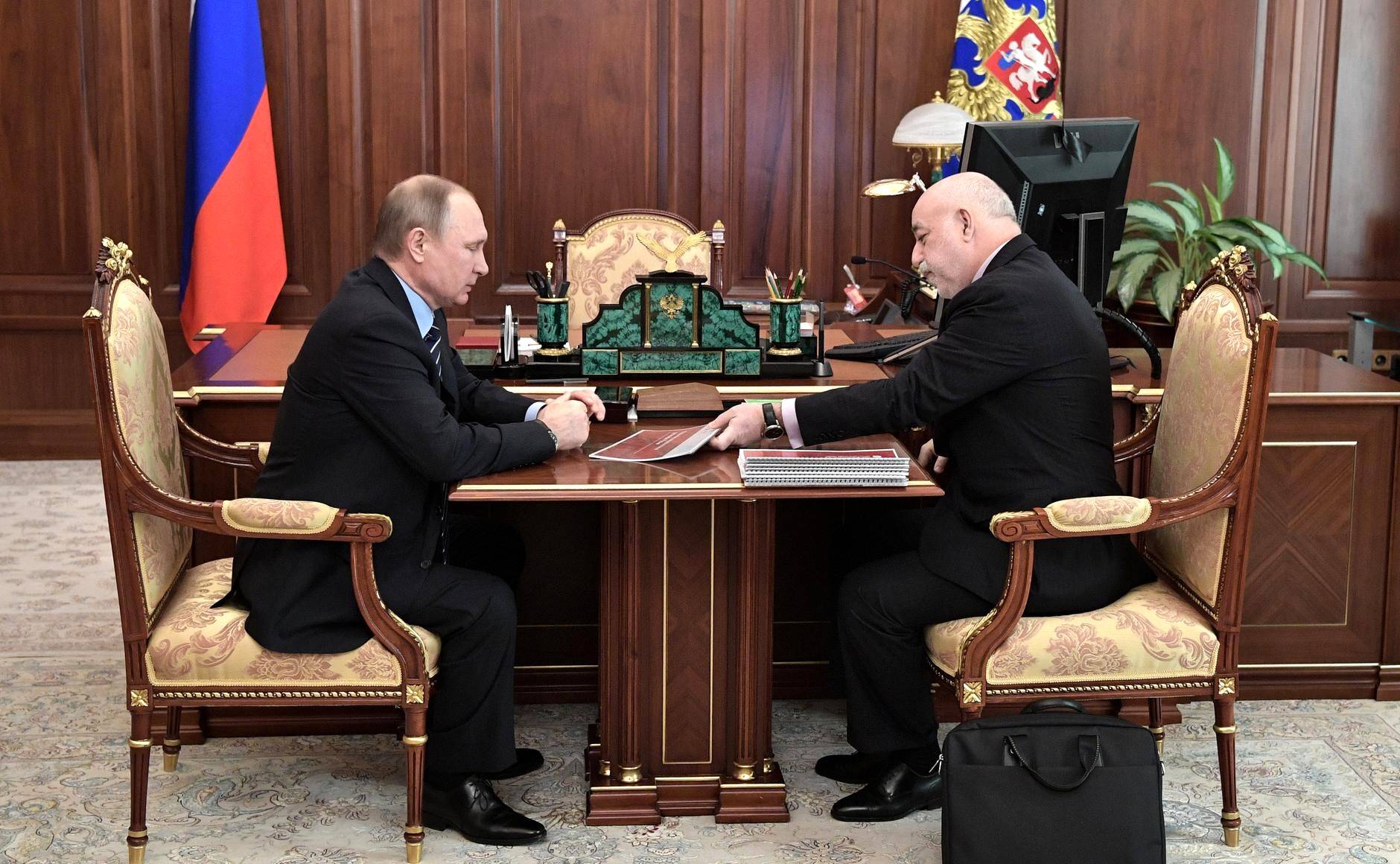
Most Swiss would support tougher sanctions against Russia

A new poll shows that a majority of the Swiss population would be in favour of tougher sanctions against Russia for invading Ukraine, even if it results in higher energy costs in Switzerland.
A new poll publishedExternal link today shows that a majority (56%) of the Swiss population would be in favour of tougher sanctions against Russia for invading Ukraine, even if it results in higher energy costs in Switzerland.
Those questioned would also support de-linking Russian banks from the Swiss financial markets and controls on high-tech products and software exported to Russia.
Switzerland has adopted a series of sanctions against Russia in line with those of the European Union, which now extend to hundreds of individuals and dozens of companies as well as certain economic sectors.
The Swiss government’s strategy has the support of the public, according to the poll results. Some 65% of people said Switzerland was right to fully adopt EU sanctions against Russia.
The Swiss would also like to see further action. A majority (56%) would back tougher sanctions even if they had consequences for the supply of energy, the poll found. Over 50% said they would support such measures even if they meant a significant increase in the price of energy or cost of living. However, 58% of people said they would be against more sanctions if they lead to higher taxes that was spent on Swiss defence.
Almost three-quarters of people questioned also support the government’s strategy towards Ukrainian refugees and would be ready to welcome tens of thousands of people.
The survey also revealed strong support of Switzerland’s tradition of neutrality. In all, 56% of people said the Alpine country should remain neutral towards Russia and Ukraine. Eight out of ten people would like Switzerland to play a neutral mediating role in the war.

More
Meet the oligarchs: Switzerland’s awkward guests
Series of sanctions
The first series of Swiss sanctions against Russia were announced on February 28, four days after its invasion of Ukraine. The most recent wave was announced on March 25.
In total, Switzerland has frozen around CHF5.75 billion ($6.17 billion) worth of Russian assets covered by sanctions, and that amount is likely to rise. Swiss banks hold between CHF150 billion and CHF200 billion ($160-$214 billion) in assets belonging to Russian clients, according to the Swiss Bankers Association.
Meanwhile, officials, including politicians from Ukraine and Poland, continue to urge Switzerland to do more to investigate and seize Russian assets in Switzerland held by sanctioned individuals and entities.

More
Ukraine urges Switzerland to clamp down on Russian money

In compliance with the JTI standards
More: SWI swissinfo.ch certified by the Journalism Trust Initiative






























You can find an overview of ongoing debates with our journalists here . Please join us!
If you want to start a conversation about a topic raised in this article or want to report factual errors, email us at english@swissinfo.ch.